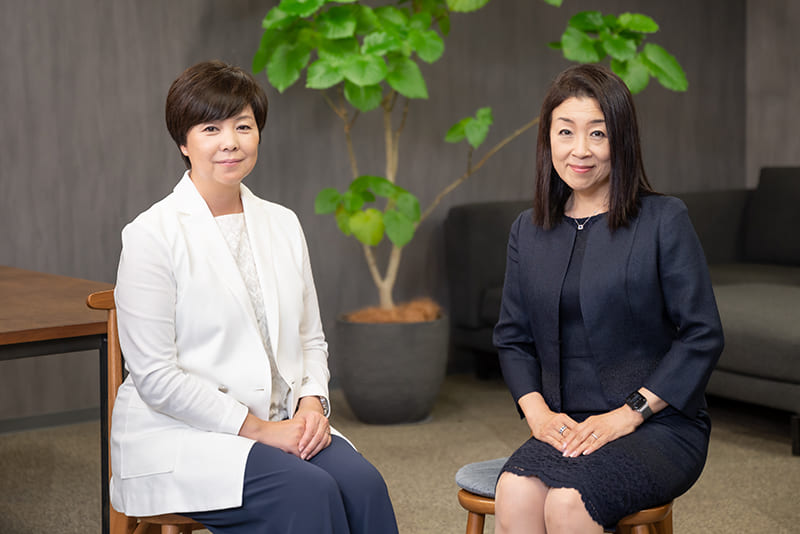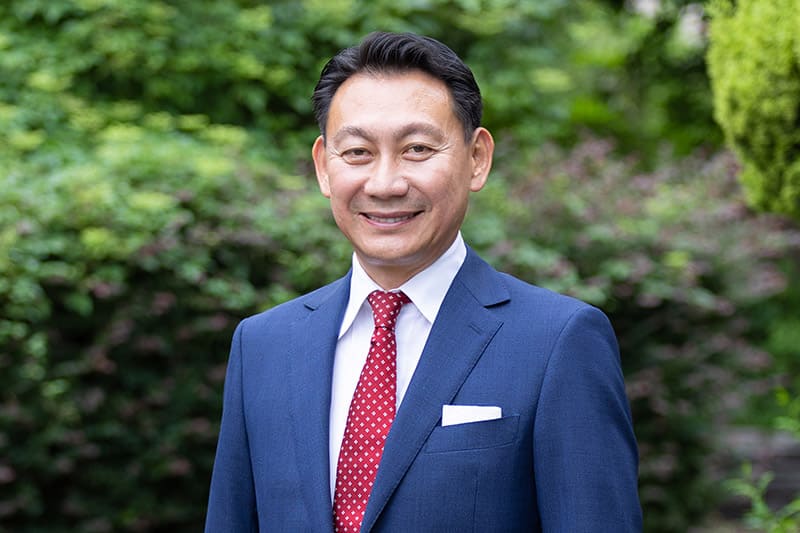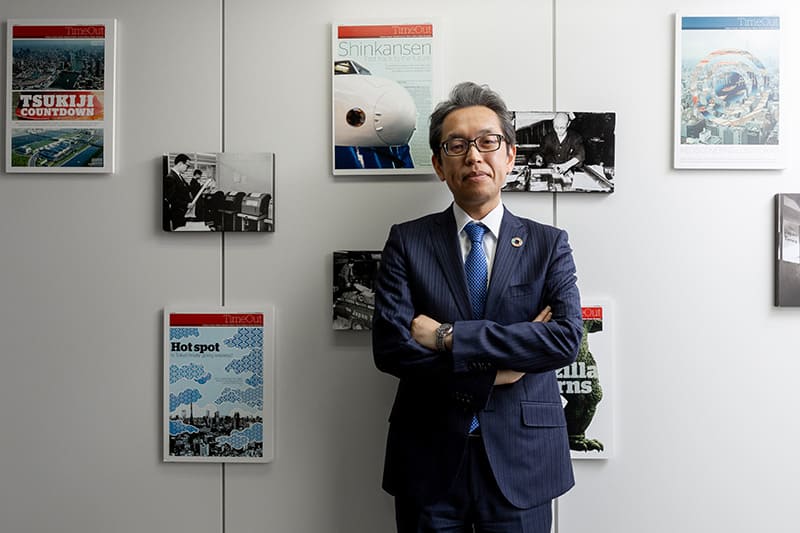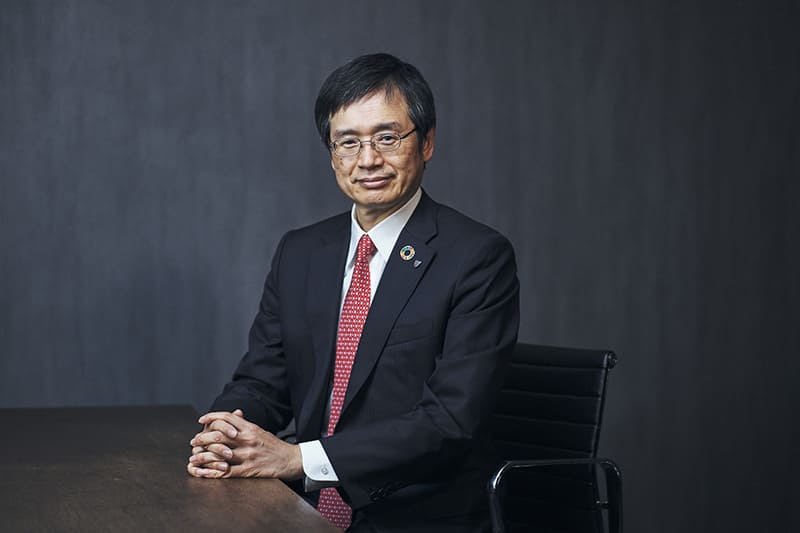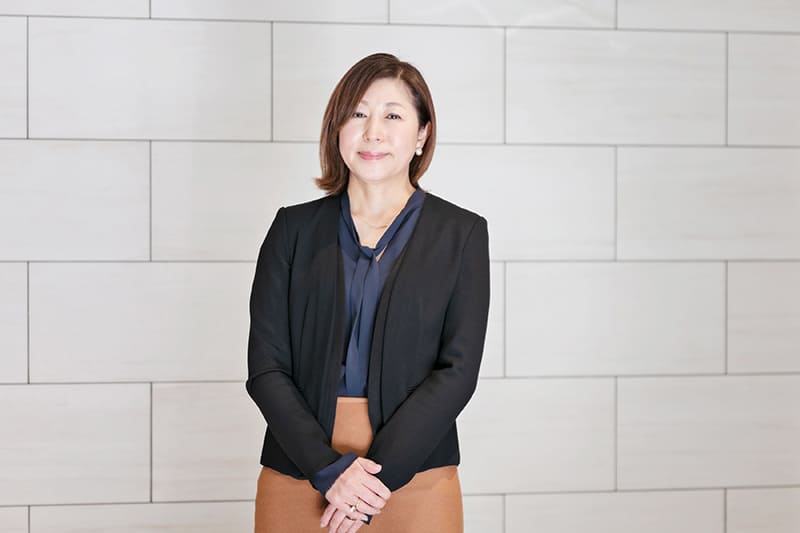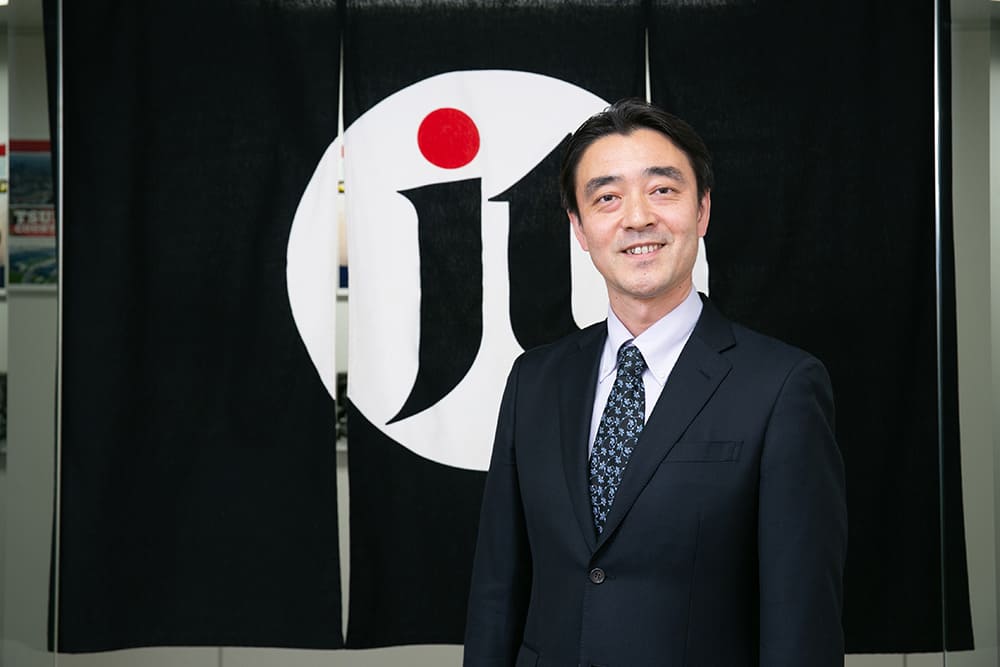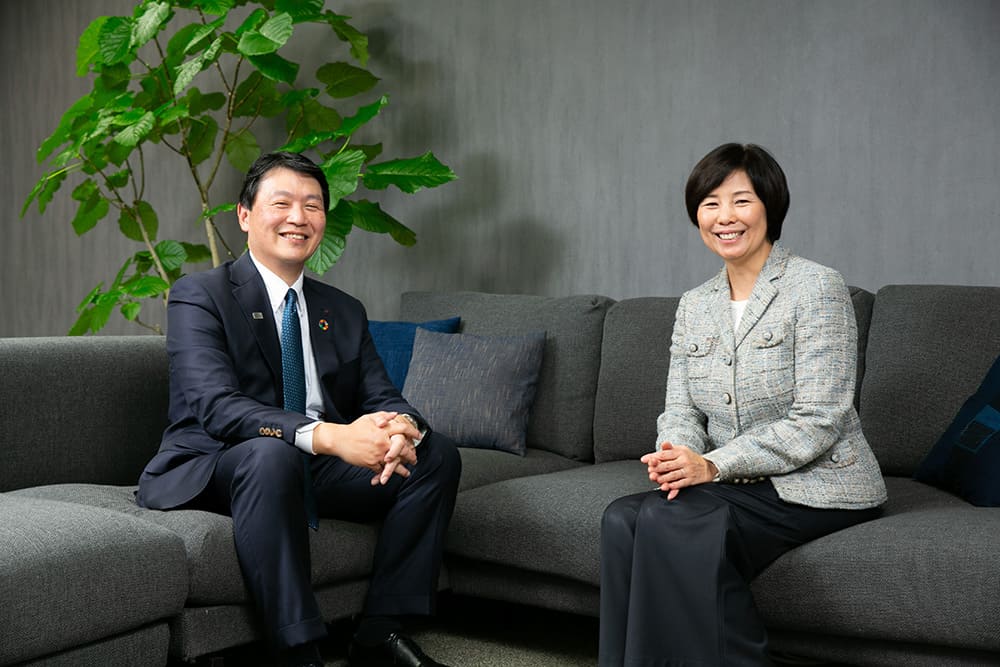August 12, 2022
Shifts in consumer spending can drive ESG investing
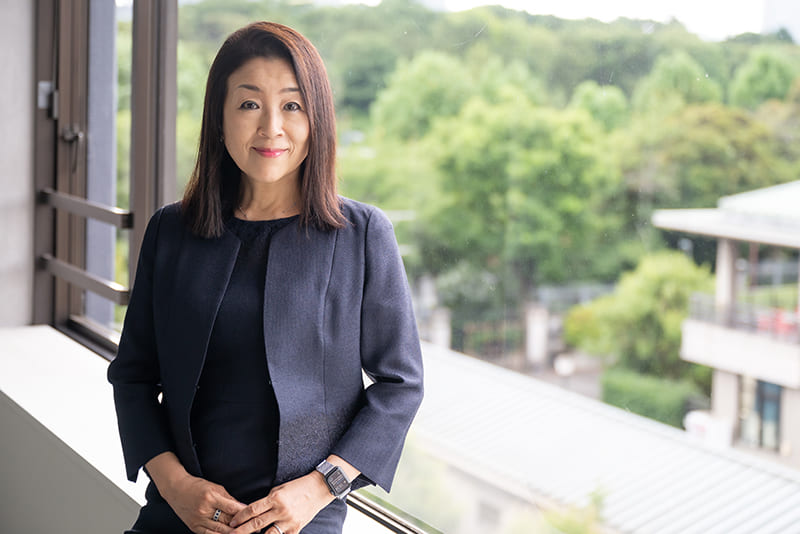
Keiko Honda, who served as CEO and executive vice president of the World Bank Group’s Multilateral Investment Guarantee Agency for seven years to 2019, promoted environmental, social and corporate governance around the world.
Looking back, she said, “The world has changed” because she increased opportunities for investors, who once had little interest in ESG efforts, to ask about progress in assessing performance as consumer awareness shifted, especially among millennials and young people in Generation Z.
Honda’s first involvement with ESG came when she started working at MIGA in 2013. Under the two key goals of ending extreme poverty and boosting shared prosperity, MIGA aims to resolve development issues of emerging economies by guaranting political and credit risks of investees and promotes foreign direct investment by private-sector companies.
ESG investing, which incorporates nonfinancial information, began in 2005 when the United Nations started advocating it but came to be widely known only after 2015, when the adoptions of the U.N.’s sustainable development goals and the Paris Agreement toward a low-carbon society became major driving forces behind it.
Behavior, lifestyles changing
Honda, who currently studies ESG investing as an adjunct professor at Columbia University, says she feels, through conversations with students, that “Young people are driving the world in a significant way.” In Europe, for example, it is not unusual for people, when buying a life insurance policy, to compare insurance companies’ ESG investing policies and choose a product from a company that reflects ESG factors in its investment decisions. For such financial products that pay out after many years, the company’s ability to pay could be at risk unless it takes ESG factors into consideration in its investment decisions.
Consumer behavior is also changing. In the U.S., products confirmed to be free of child labor and forced labor, for example, are finding “a growing segment who buy them even if prices are 5% higher or so,” Honda said. The choices of consumers who attach importance to shared values are driving changes in corporate and investor behaviors.
The COVID-19 pandemic has caused people’s lifestyles to change, and the Russian invasion of Ukraine has caused the global economy to face energy and food security problems. Honda predicts ESG investing, which has steadily expanded, will grow further. With respect to energy, for example, gas and oil prices have risen, leaving power companies no choice but to pass on the higher costs in their electricity and gas bills. This may remove some consumers’ impression that renewable energy sources such as solar and wind are more expensive, which in turn may give momentum to those sources’ further introduction.
A key concern, however, is a potential expansion of the defense industry.
“Increases in defense spending are a worldwide trend,” Honda said. “The defense industry has the potential to continue to grow.”
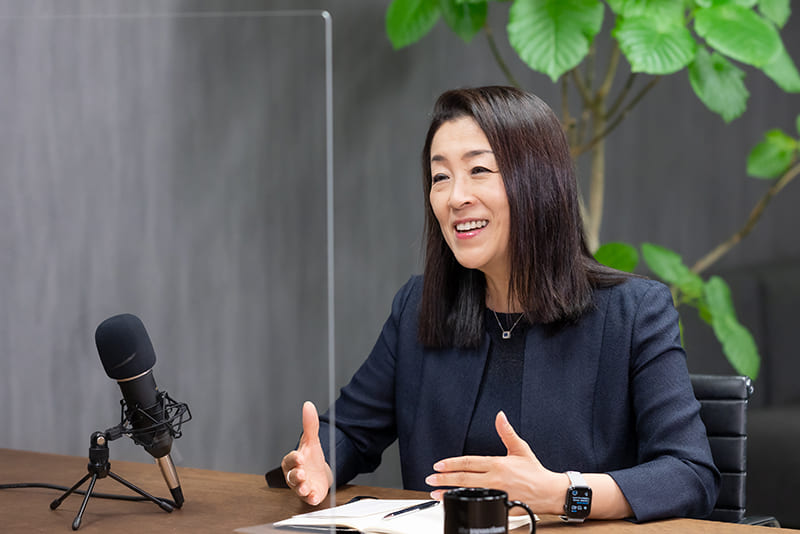
Single versus double
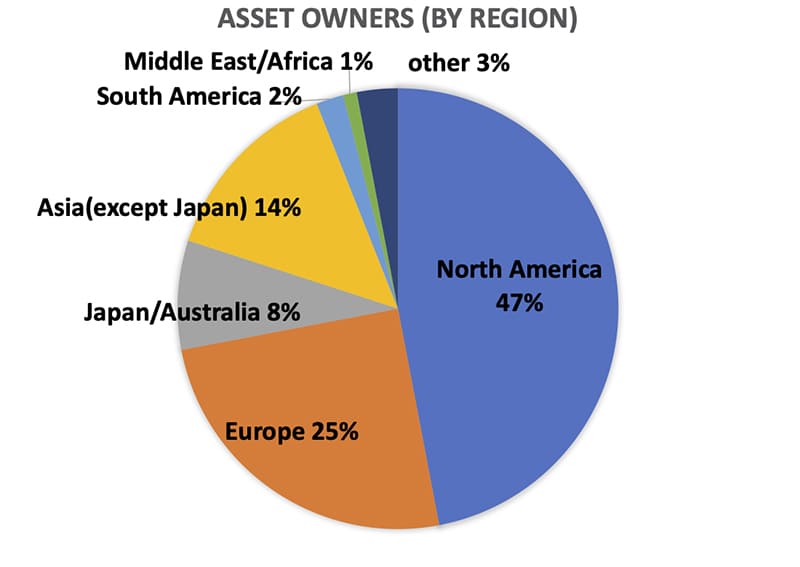
Honda says Europeans and Americans have differing views on ESG data disclosure.
According to Honda, the mainstream view of ESG investing is to choose investment targets by integrating the effects of nonfinancial factors into the value of the company alone. In the U.S., companies are asked to disclose ESG factors affects corporate value. — this is known as “single materiality.”
On the other hand, in EU countries, “double materiality,” which also takes positive impacts on society into consideration, in what Honda calls “impact investing,” is advocated.
When Honda was serving as MIGA CEO and executive vice president, there was a port development project in Senegal. The project improved port operations, and as a result the export of fresh fruits became possible. This in turn resulted in increased revenues for farmers and led to improvements in education, which were “unexpected impacts,” according to Honda. However, there are only so many projects that can both help solve social issues and generate returns through investment and corporate activities. According to a survey, the total amount of ESG investing of the world exceeded $31 trillion in 2020, but the figure for impact investing reached only about $700 billion.
“The key is to work on single materiality first and pay attention to, for example, how earnings may be impacted if a flood hits,” Honda said. Honda sees potential for technology to help resolve issues such as climate change. “If it becomes possible to manufacture storage batteries more simply and at low cost, for example, it will be a major progress for the world,” she said.
Progress for Japan companies
Lastly, Honda said there has been significant progress in Japanese companies’ disclosure of information about ESG factors. She said such disclosure creates opportunities for not just investors but also corporate executives, employees and consumers to share information and think about the impacts of social issues and climate change on businesses. “If spending behavior of each consumer changes, especially among young ones, businesses have no choice but to listen to their views,” Honda said. In that sense, changing consumer behavior will become a factor for expanding ESG investing.
Honda said the dissemination of information in English is also important. The worldwide total of assets under management by institutional investors is estimated to be $110 trillion, of which North America and European institutional investors represent 50% and 25%, respectively. In order to raise funds from wider circles, Japanese companies should make more efforts to communicate information in English, she said.
“When it comes to ESG, there are differences among Europe, the U.S., Japan and Asia,” she said. “It is important for [Japanese] companies which have overseas operations to understand viewpoints of local investors and people through information from local media outlets.”
